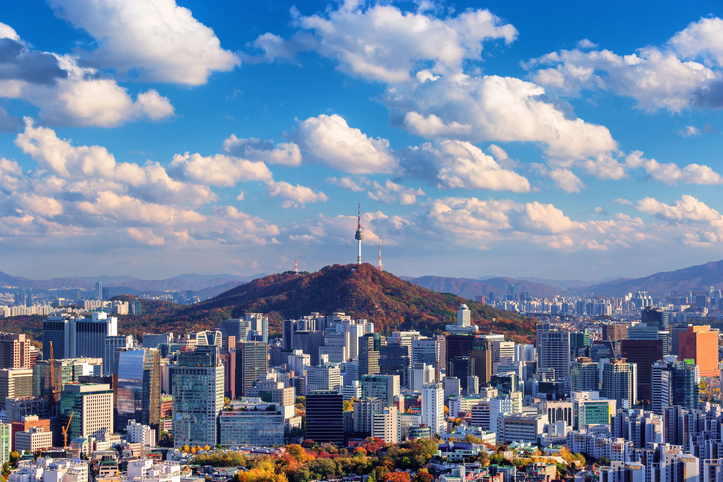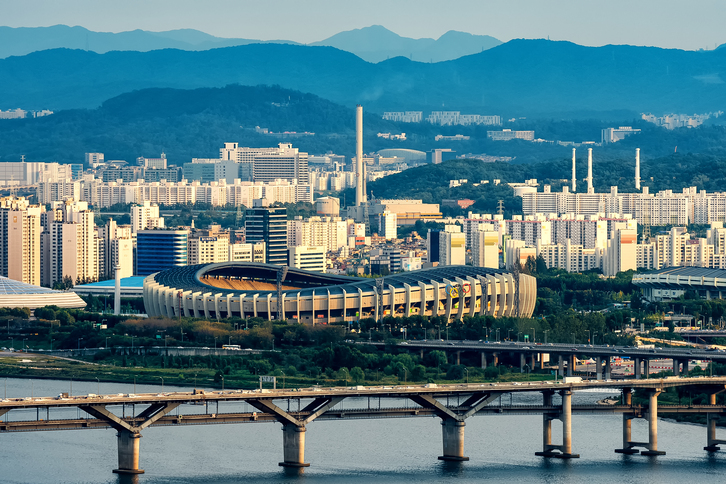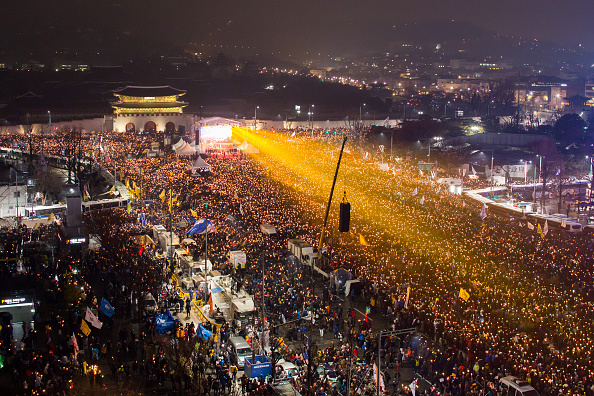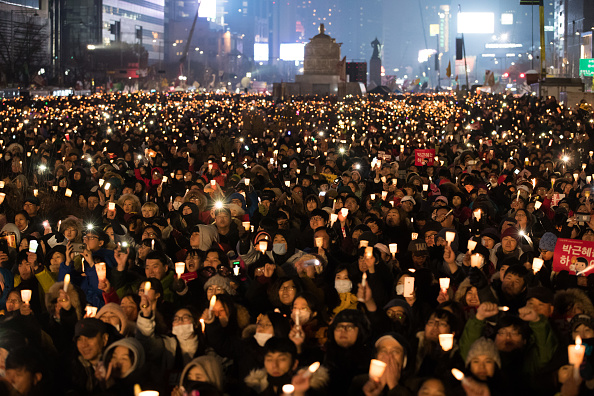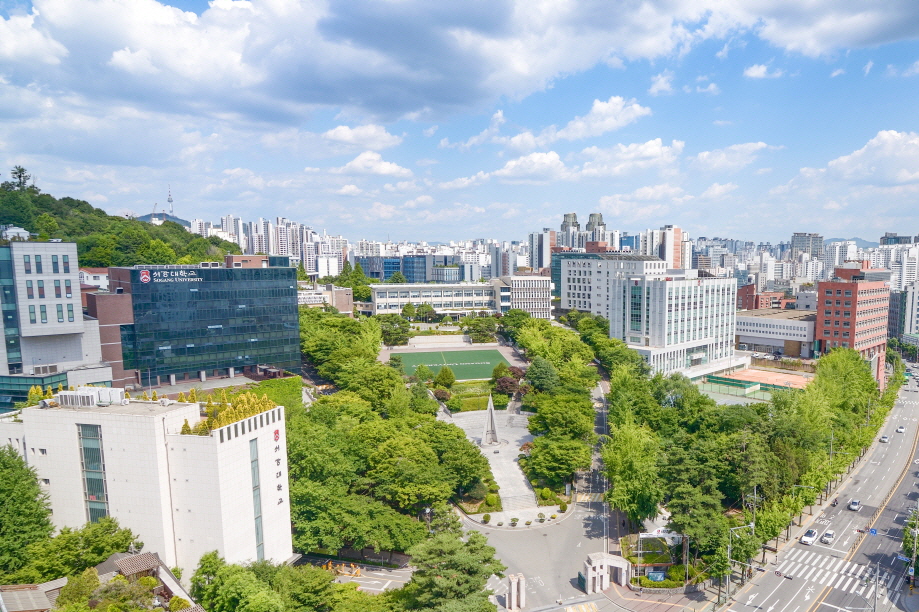Sixth Annual Meeting of the Memory Studies Association (MSA)
“Solidarity”
Seoul, Korea, July 3-7, 2022
Final Update: In lieu of the Sixth Annual Conference, the MSA will host a Week of Virtual Events from July 4 to July 8, 2022, organised in collaboration with the Critical Global Studies Institute, Sogang University (supported by the National Research Foundation of Korea). These events will be followed by a series of online panels organised by some of the MSA working groups on July 11 and 12. The Week will include a series of panels featuring different professionals from various fields. Attendance and registration is free also for non-members, although an MSA membership brings additional perks like access to the journal Memory Studies or to the content of the new working and regional groups’ pages.
Update January 2022: Unfortunately, due to the COVID-19 outlook and restrictions in Korea, the MSA Sixth Annual Meeting in Seoul must be cancelled. Read the full notice here.
We are very pleased to announce that the 2022 Annual Meeting of the MSA will take place at Sogang University, Seoul, Republic of Korea, on July 3-7, 2022, under the theme of ‘Solidarity’.
Korea’s modern history makes it an interesting venue for critical reflections and debates on the complexities and transnationality of collective memory. The Korean peninsula was under Japanese colonial rule from 1910 to 1945, and during the Sino-Japanese and the Asia-Pacific Wars, many Koreans were forcefully mobilized as soldiers, workers, and comfort women. The liberation of Korea from Japan did not bring about peace and stability. The US atomic bombings of Hiroshima and Nagasaki, while ending Japanese imperialism, resulted in tens of thousands of Korean casualties in the two cities. The unfolding of the global Cold War also intensified domestic ideological battles, eventually leading to the division of the country into Soviet-backed North and U.S.-backed South Korea. Millions of lives were sacrificed in the ensuing war between the two Koreas, as well as mass killings of civilians on both sides (1950-1953). In the post-war period, dictatorial regimes in the North and South—both driven by the Cold War dynamics and a nationalist impulse to secure economic and military power—pushed ahead with authoritarian industrialization at the expense of democracy, civil liberties, and human and labor rights. These difficult and transnational historical experiences are at the center of many of the contemporary memory conflicts in Korea, East Asia, and beyond.
This also means that Korea is well positioned to envisage an alternative, more open global memory space in which different interpretations and representations of the historical past are critically examined, democratically debated, and justly reconciled. With ‘Solidarity’ as the overarching theme, we hope such implications can be explored to the fullest extent in the 2022 Annual Meeting. As a Jesuit school committed to solidarity with the poor and the excluded, reconciliation, and justice, Sogang University has upheld the same principle in its academic endeavors. In 2017, the Critical Global Studies Institute (CGSI) of Sogang University launched an international research project entitled “Mnemonic Solidarity: Colonialism, War, and Genocide in the Global Memory Space”, with funding from the National Research Foundation of Korea. The main goal of this project has been to offer transnational and non-Eurocentric perspectives for understanding the multi-faceted and nuanced nature of continuous memory conflicts within East Asia, as well as the differing political dynamics of memory between East Asia and other regions. The project has also strived to overcome the limitations of the prevailing epistemologies of antagonistic and/or cosmopolitan memory and to develop mnemonic resources and practices toward a global solidarity based on justice, mutual understanding, and recognition of differences. Having the Annual Meeting of the MSA at Sogang University next year gives us great excitement over the possibilities of sharing and growing as a global memory studies community.
We believe that the MSA 2022 Seoul will provide the field of memory studies with a unique opportunity to incorporate non-Western, non-hegemonic epistemologies of memory and to resolve its latent Eurocentrism. We welcome proposals that address our overarching theme of ‘Solidarity’, but we also welcome and encourage proposals on all other areas of memory studies—especially those areas that have been relatively under-explored. Please check the MSA website for updated information and the call for proposals in due course.


